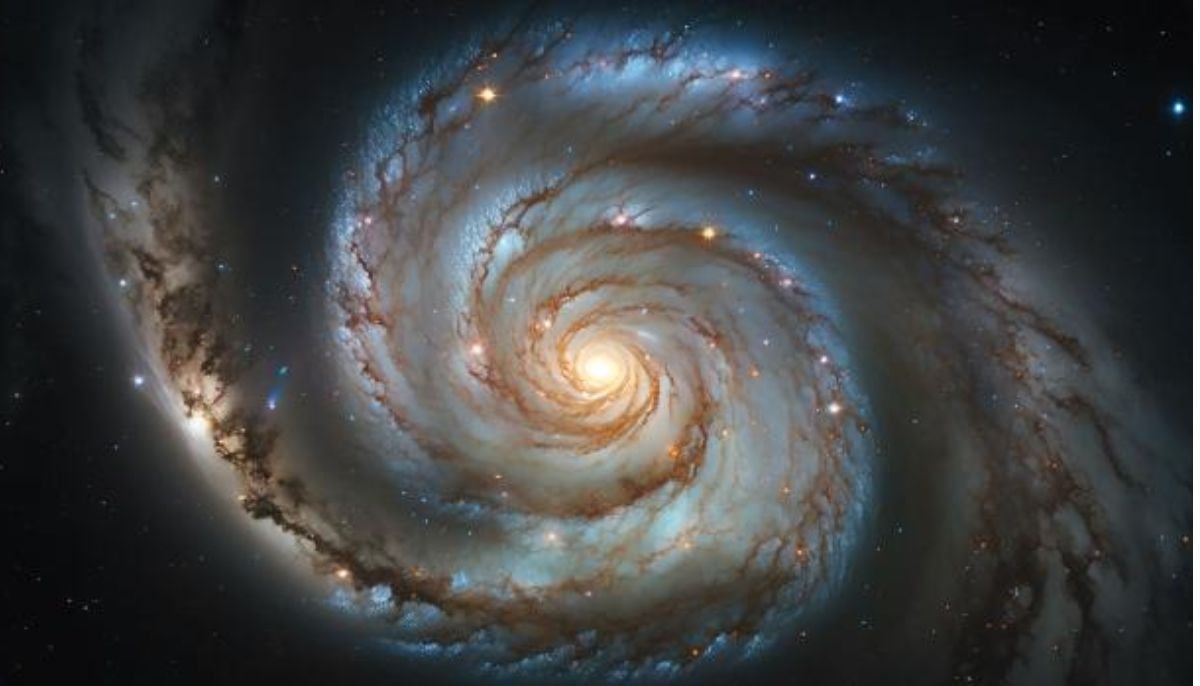A successful breakthrough has been created by an international research team led by Japan’s Riken, and it is the most detailed model of the Milky Way ever created.
It is primarily achieved by combining machine learning models with numerical models.
The simulation operates 100 times faster than the most elaborate previous models, giving astronomers the chance to map billions of years of our galaxy’s evolution, rather than decades.
The new simulation contains 100 billion particles representing stars, which is approximately the same number of stars that are called the Milky Way.
It has been observed that previous high-fidelity simulations could only manage a billion stars, and their progress was slow.
Using those prior models, simulating one million years of galactic evolution in detail would take 315 hours (or 13 days).
Simulating a billion years using those best-resolution simulations would take 36 years of real computing time.
A new super-computer powered simulation is being developed to study its efficacy
The research team led by Keiya Hirashima of the RIKEN Center for Interdisciplinary Theoretical and Mathematical Sciences in Japan have designed a new supercomputer- powered simulation that is more efficient, and this new methodology works for short and long-term scale events.
The new technology helped to process things more efficiently, with a million years of simulation taking just 2.7 hours.
It will take just 115 days, rather than 36 years, to model a billion years’ worth of galactic evolution.
A giant leap towards the transformative journey
The significant achievement where AI helped build the most detailed Milky Way simulation represents a paradigm shift in scientific modeling.
The new methodology could be transformative for analyzing the context of galactic evolution, and analyzing how our galaxy formed, and its structure developed.
The recent achievement demonstrates how AI-powered simulations can move beyond recognition to become a powerful tool for scientific discovery, aiding our understanding of how life formed within our galaxy.
Nonetheless, the study presents the crucial role of artificial intelligence in surmounting insuperable obstacles.


